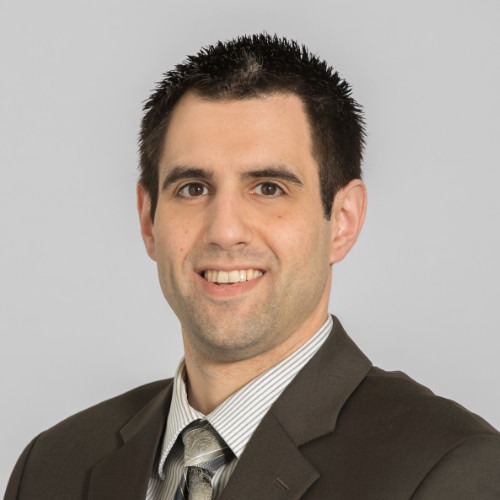One-on-one with… Zeke Turner
All it took was five years in senior housing for Zeke Turner to reinvent his business. As chairman and CEO of Mainstreet Property Group, an investor and developer of senior housing properties that incorporate hospitality designs and concierge care, Turner has some tough love for the industry he essentially stumbled into. Recently named by the Indiana Business Journal as one of the top “Forty under 40,” the 34-year-old Turner discussed his business—with properties in Indiana, Illinois and expectations of Midwest and coastal expansion—and other industry narratives with Long-Term Living in this exclusive interview.
Why jump into senior housing a decade ago?
It’s not something that was fully intended. I won’t say it was accidental, but my family has some history in this industry dating back to about 1976 as passive investors in the real estate side of the equation. For me, I was starting up a small investment company having left a career on Wall Street, and it was originally intended to operate more like a private equity firm. I took on some financial consulting offers with senior care operators, got inside and saw that the industry fundamentals were good.
How has the company’s focus changed in 10 years?
The first four or five years we were focused almost solely on acquisitions of existing properties, primarily in the skilled space but also some campuses and assisted living as well. And then ultimately about five years ago we took stock of what we owned and what we saw in the industry, felt like that with the average of a nursing home being 37-and-a-half years old that the long-term viability of those products, both from a physical plant perspective and from a consumer desire standpoint, were not the long-term focus that we were wanting our investments to be in and decided to start creating new developments from the ground up. Once we did a couple of those and saw the success we had with them, we decided to focus 90 percent of our efforts in that area.
Mainstreet’s motto seems to be, ‘transforming the future of healthcare for seniors.’ How?
There’s a lot of discussion out there about the transportability of healthcare and a lot of discussion about the need to de-institutionalize the industry or move people away from skilled nursing or assisted living to their homes. And although it’s a goal from a consumer choice standpoint, it doesn’t negate the fact that needs remain for people to be cared for in a healthcare environment. The first thing we did was to step away from the hospital base of the past, these institutional facilities, long hallways, short rooms, cafeteria—and instead find our roots in a different industry that was much more desirable and approachable to the consumer. We literally took hotel designs and added medical components to them to create these healthcare hotels, with heavy focus on short-term rehab and therapy.
In the past, a market study would only take into account what are the current occupancies in the skilled nursing or assisted living facilities in that market and use those numbers to determine whether or not there’s a demand. We actually set those aside and believe that the current occupancies in a market are only indicative of what consumers think about products that are in the market, not about the true demand that’s out there, and we’ve been proven right time and time again that the way we understand the market and see it is actually accurate.
What frustrates you about this industry?
There is a lack of true insight from operators into what’s really driving their business. For instance, we still hear operators say over and over again that Medicaid covers their fixed costs and that you have to have a certain percentage of Medicaid in a building in order to make the numbers work. Or looking at current occupancies in a market and seeing a market that has 74 percent occupancy in skilled nursing and say it’s impossible that there could be any real demand in that market for skilled nursing. Things like that which we have been seeing for so long, and they’ve become accepted as reality, rather than going back and understanding whether those are true facts or ingrained assumptions.
Have recent changes to Medicare reimbursement affected your business at all?
There was an effect on our business, but to us the effect was quite positive. When you are running a standard nursing home, and you have 15-20 percent of your population as Medicare or in private pay, you’re making up almost all of your financial margins on that population base. So when you see an 11 percent cut come down through CMS, that was a substantial impact to your bottom line. But our buildings run 60-70 percent Medicare, so our operators were better able to weather those storms and take more advantage of what’s happening in the market to drive those margins to the bottom line rather than the ones that are relied on for such a small percentage share.
The other thing we saw was that these cuts have helped to weed out the good operators from the bad operators. The good operators understood that when the industry moved to RUG-IV, that money was overstated, those rates were overstated, and that a good portion of that money was not theirs to begin with and that they should reserve against that. They knew that 7-8 percent of those dollars should go back to the government at some point. And ultimately when the 11 percent cut came, although it was deeper than expected, they were fairly well prepared for it and adjust expenses accordingly.

Kevin Kolus wrote for I Advance Senior Care / Long-Term Living when he was an editor. He left the brand in 2012. He is now senior communications manager at Cleveland Clinic.
Related Articles
Topics: Articles , Executive Leadership










